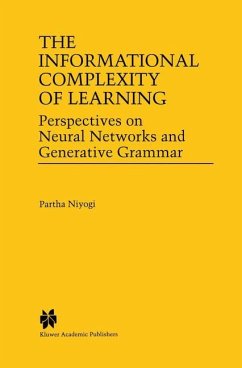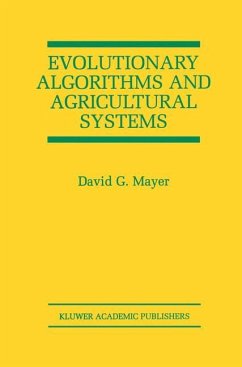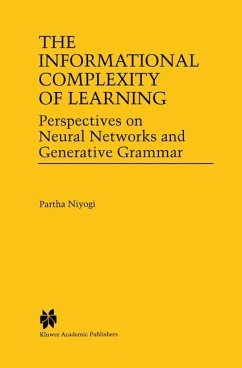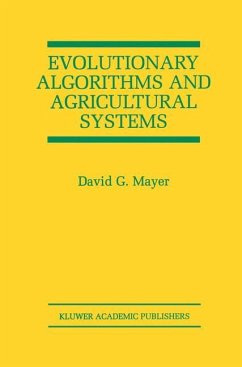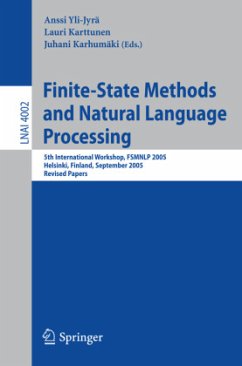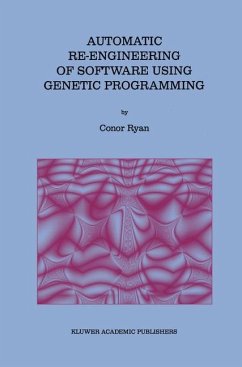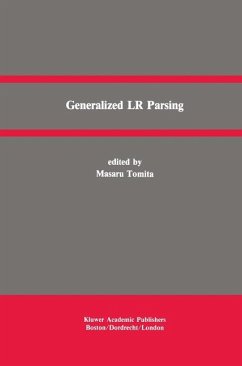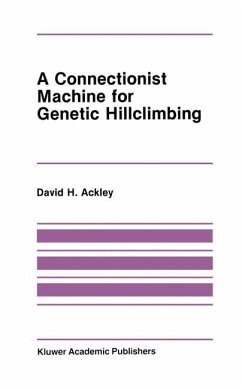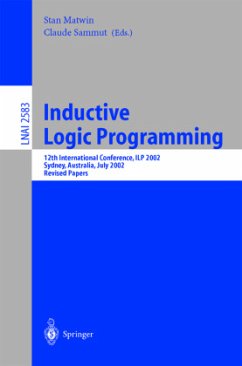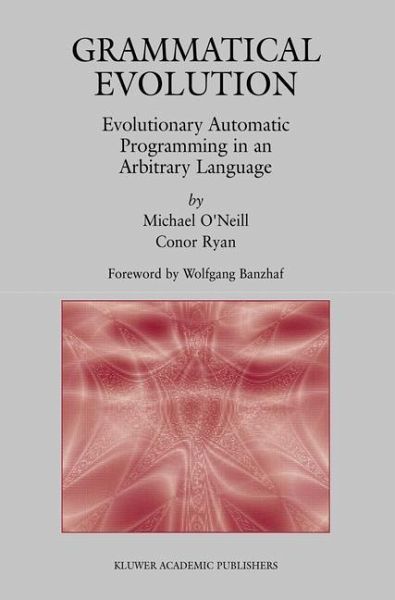
Grammatical Evolution
Evolutionary Automatic Programming in an Arbitrary Language
Versandkostenfrei!
Versandfertig in 1-2 Wochen
115,99 €
inkl. MwSt.
Weitere Ausgaben:

PAYBACK Punkte
58 °P sammeln!
Grammatical Evolution: Evolutionary Automatic Programming in an Arbitrary Language provides the first comprehensive introduction to Grammatical Evolution, a novel approach to Genetic Programming that adopts principles from molecular biology in a simple and useful manner, coupled with the use of grammars to specify legal structures in a search. Grammatical Evolution's rich modularity gives a unique flexibility, making it possible to use alternative search strategies - whether evolutionary, deterministic or some other approach - and to even radically change its behavior by merely changing the gr...
Grammatical Evolution: Evolutionary Automatic Programming in an Arbitrary Language provides the first comprehensive introduction to Grammatical Evolution, a novel approach to Genetic Programming that adopts principles from molecular biology in a simple and useful manner, coupled with the use of grammars to specify legal structures in a search. Grammatical Evolution's rich modularity gives a unique flexibility, making it possible to use alternative search strategies - whether evolutionary, deterministic or some other approach - and to even radically change its behavior by merely changing the grammar supplied. This approach to Genetic Programming represents a powerful new weapon in the Machine Learning toolkit that can be applied to a diverse set of problem domains.



